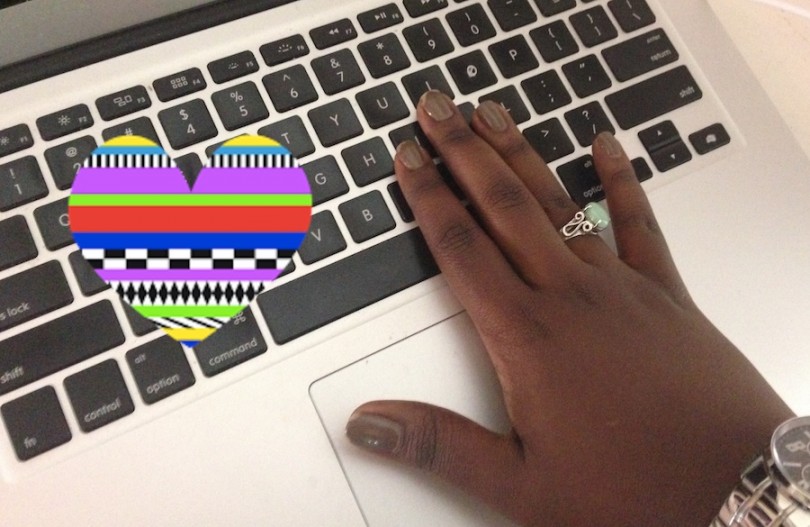During the #FASTAfrica Action week (May 1-7) groups across the continent are drawing attention to Internet rights and access issues. Join our Twitter chat with Ingrid on Wednesday, May 4, 2016.
Last year, we surveyed 7,500 women and 2,500 men in urban slum communities across 10 cities in Africa, Asia and Latin America as part of a Women’s Rights Online study for the World Wide Web Foundation.
The results show that limited access to the Internet is a roadblock to gender equality. The study also shows that Internet access alone is not a silver bullet, and that the dramatic spread of mobiles and initiatives to “connect everyone” are not enough to get women online, or to achieve the empowerment of women through technology.
In order to achieve real change, governments must create and implement focused programmes that put the needs of women at the center.
What we learned
- Women are 50% less likely to be online than men
- Women are almost as likely as men to own a mobile phone of their own, but they are a third less likely than men of similar demographic to use phones to access the Internet.
- The two main barriers keeping women offline are the high cost and lack of digital know-how.
- Women who have some secondary education or have completed secondary school are six times more likely to be online than women with less education.
- Women who are active in their communities offline are three times as likely to be online, and far more likely to use the Web in transformative ways.
- Just over one third of women go online for advice about common illnesses, while just under a quarter have searched for sexual and reproductive health information.
- Women are 20% less likely than men to use the Internet to find important information.
- Only a small minority of women Internet users surveyed are tapping into technology’s full empowering potential. Women are 25% less likely to use the Internet for job-seeking than men, and 52% less likely than men to express views online.
- Women who use the Web daily are three times more likely to use it to increase their incomes
To open the door to real digital empowerment for women, policy-makers must tackle constraints such as the cripplingly high cost of access; the prevalence of violence and abuse confronting young women in particular in their online lives; the extension of patriarchal norms in the digital arena; and the continuing silencing of women in public life.
The close relationship that we found in our study between civic engagement and digital empowerment suggests that we need an integrated approach to advancing women’s agency, autonomy and voice both online and offline.
Nobody can achieve the UN Sustainable Development Goals on women and technology on their own. Partnerships between government, women’s rights groups and the private sector are critical to ensuring that ICT initiatives are integrated with efforts to expand women’s choices and capabilities in the labor market, in the home, at school and in public life.



Welcome to the great illuminati Empire. Join and become rich and famous. Are you seeking for wisdom and knowledge, are you a business man/woman, pastor, politician, musician, doctor, footballer, swimmer or an individual? Do you want become famous artist or actor and you want to become rich, powerful and famous to the world? Join the illuminati New world order and let your dreams come through, become a member today and receive the sum of $900, 000 every week with a car. This is your one life opportunity. MESSAGE FROM ILLUMINATI EMPIRE🔺, if you are interested message me on whatapp +1 830-276-7192